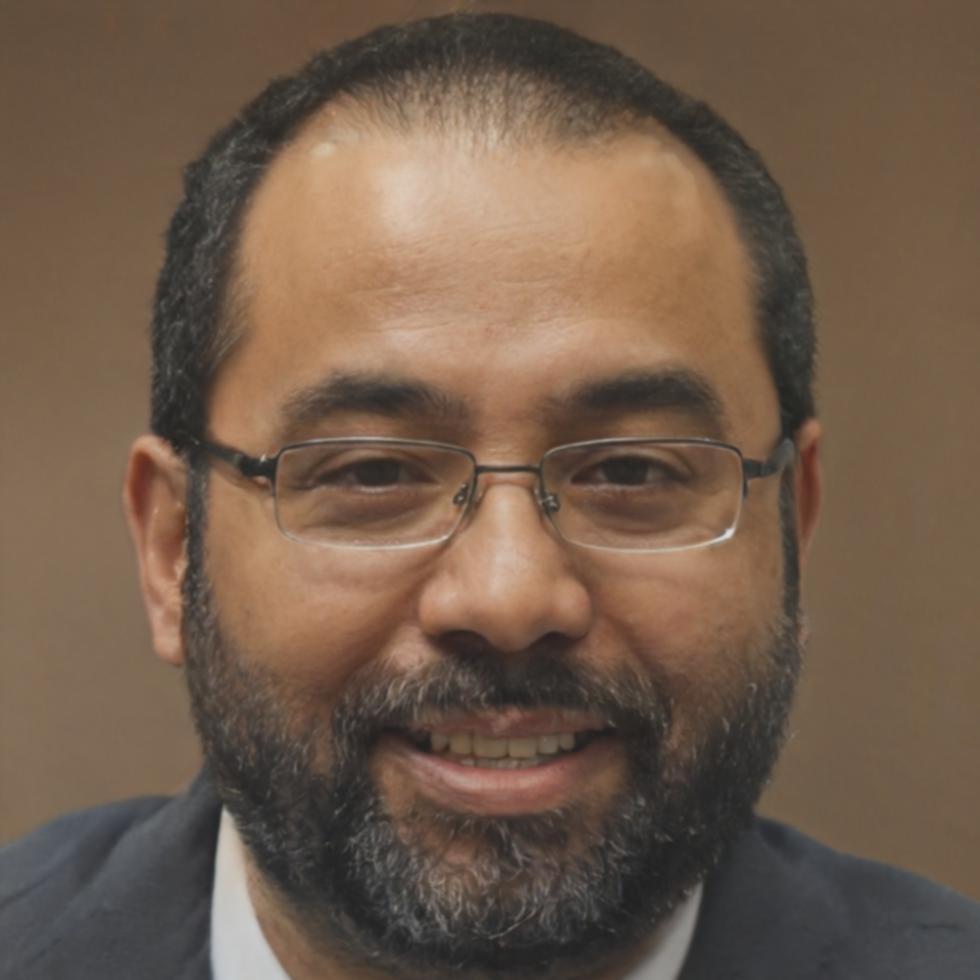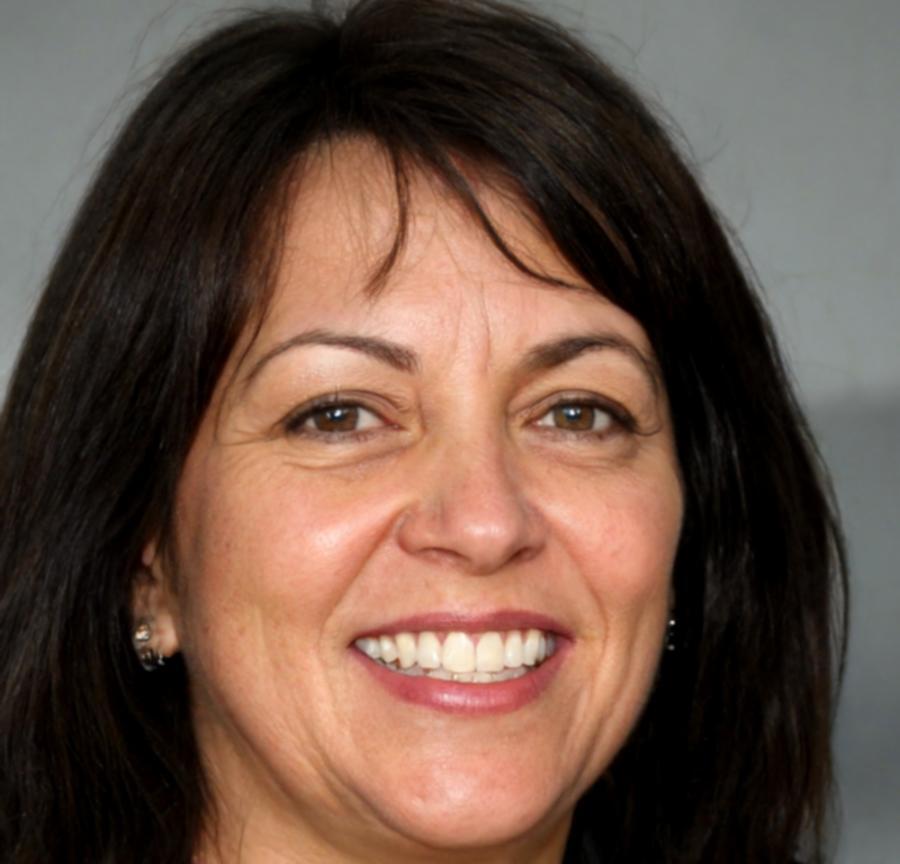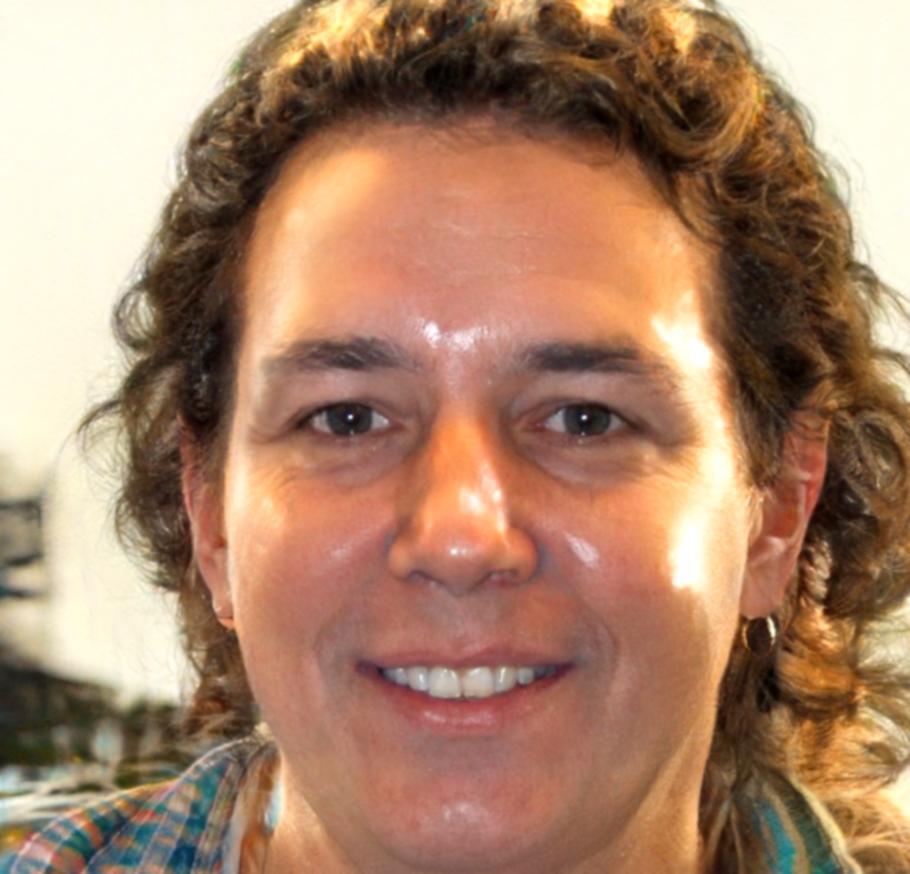Build Financial Clarity Through Structured Learning
Our autumn 2025 program helps you understand budget monitoring from the ground up. Six months of practical guidance that transforms how you approach personal finance—no shortcuts, just solid fundamentals.
Reserve Your SpotWho's Actually Teaching This
Three people who've spent years helping everyday Australians untangle their finances. We're not financial advisors giving investment tips—we're educators focused on the practical side of budget monitoring.

Brenton Caldwell
Budget Fundamentals
Spent twelve years working with community financial literacy programs across regional NSW. Brenton's approach strips away jargon and focuses on what actually matters when you're tracking expenses.

Petra Lindbeck
Cash Flow Analysis
Background in small business accounting before shifting to education in 2019. Petra teaches pattern recognition—how to spot where money actually goes versus where you think it goes.

Alistair Dunwoody
Goal Setting & Adjustment
Former project manager who pivoted to financial education after realizing most people struggle with the same planning issues his teams faced. Makes the connection between tracking and action.
Questions People Ask at Different Stages
Before You Even Enroll
Most people wonder if this is actually for them. Fair question. The program works best if you're someone who wants to understand your finances but feels overwhelmed by where to start.
- Do I need special software or apps going in? Nope—we start with basics you already have
- Is this only for people in debt? Not at all—works just as well if you're trying to save or plan ahead
- How much time per week realistically? About 90 minutes of focused work, spread however fits your schedule
First Month Questions
Early weeks bring lots of "am I doing this right?" moments. That's normal. We spend extra time in the first four weeks making sure everyone's comfortable with the foundation.
- Why does tracking feel tedious at first? Because you're building a new habit—gets smoother after week three
- Should I categorize everything perfectly? No—broad strokes work better than analysis paralysis
- What if my income varies monthly? We cover irregular income specifically in week five
Midway Through
Around month three, you'll start seeing patterns you didn't notice before. This is when people usually want to adjust their approach based on what the numbers actually show.
- Can I change my tracking method? Yes—we help you refine your system as you learn what works
- What if my spending patterns look weird? They probably don't—most people have similar surprises
- How do I involve my partner without conflict? Week twelve covers household financial communication
After Program Completion
The real test comes when you're on your own. We include three months of optional check-in sessions after the formal program ends—no extra charge, just ongoing support while you establish independence.
- Will I keep this up long-term? Most grads maintain some version—you'll find your sustainable level
- Can I still ask questions later? Check-ins continue through March 2026 for autumn 2025 cohort
- What happens when life changes? We teach adaptation, not rigid rules—your system should flex with you
What You'll Actually Learn
Twenty-four weeks broken into practical modules. Each builds on the last, but we design for real life—if you miss a week, you can catch up without feeling lost.
Weeks 1-6: Establishing Your Baseline
You can't improve what you don't measure. We start by figuring out where your money currently goes—not judgment, just observation. Most people discover three expenses they didn't realize were adding up.
Weeks 7-12: Recognizing Your Patterns
Once you've got two months of data, patterns emerge. Some are obvious, others surprising. We teach you how to read your own financial story and identify which patterns serve you and which don't.
Weeks 13-18: Making Intentional Adjustments
Knowledge alone doesn't change behavior—you need a system. Here's where we build your personal approach to course correction. Different strategies work for different people, and we help you find yours.
Weeks 19-24: Planning Beyond Next Month
The final phase connects your budget monitoring to actual life goals. Whether that's saving for something specific or just building breathing room, we help you map current habits to future outcomes.


Questions We Hear Regularly
Program Structure
When does the autumn 2025 intake actually start?
First session is March 8th, 2025. We run Saturday mornings at our Banora Point location, with an evening option Tuesday nights. Same content, different schedules to fit different lives.
What if I can't make every session?
We record everything and share materials through our participant portal. Most people miss two or three sessions over six months—life happens. The recordings include full context, not just slides.
Is this group learning or individual?
Mix of both. Group sessions for concepts and discussion, individual check-ins every three weeks. You'll work with about fifteen other participants—small enough that everyone gets heard.
Technical Aspects
Do I need fancy budgeting software?
No—we teach principles that work with whatever tools you prefer. Spreadsheet, notebook, app—doesn't matter. Some participants use bank statements and a calculator. The method matters more than the medium.
Is there homework between sessions?
Kind of, but it's really just applying what we discuss to your actual finances. Expect about an hour of personal tracking work each week. This isn't busy work—it's the core of how the program functions.
After Completion
What ongoing support exists after June?
Optional monthly check-ins through September 2025, then quarterly alumni sessions after that. No requirement to attend, but available if you want occasional guidance or just accountability.
Can I repeat modules if I need refreshers?
Program graduates can audit future sessions at no charge—space permitting. Most people return for weeks 13-18 when they hit a new financial situation and want to recalibrate their system.
Still have questions about whether this program fits your situation?
Talk to Our Team